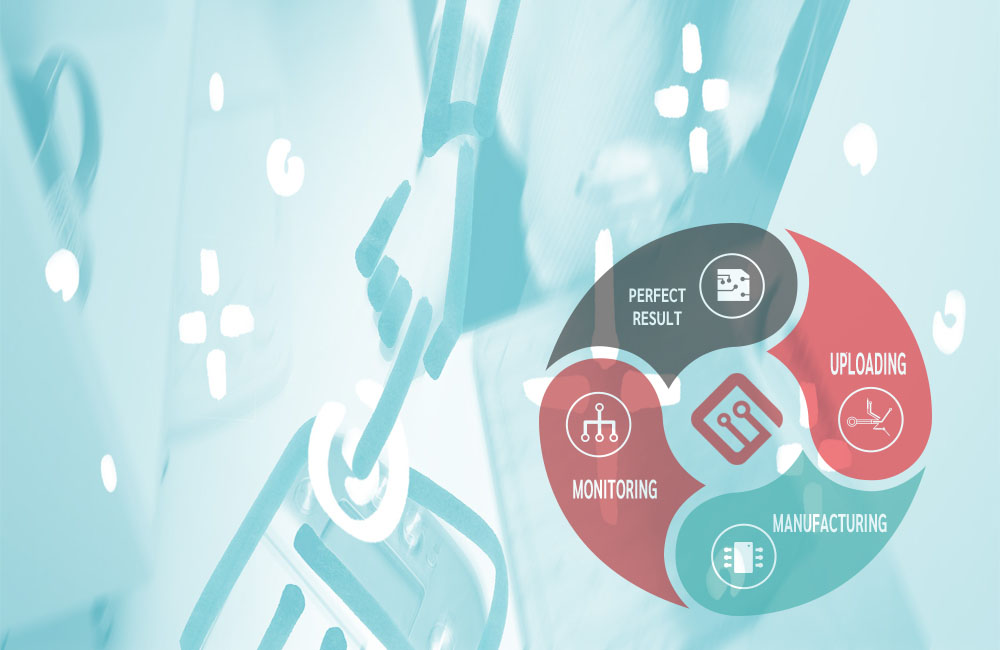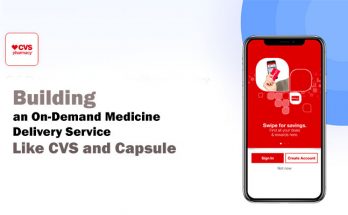For a detailed product that will meet all your customers’ needs and preferences, it is important to have a prototype partner who will analyze the design’s weaknesses, make a comparison to see any slight differences, and figure out how the whole manufacturing process can be improved. A prototype also provides a ready version that can be presented as a proof of concept to investors and other shareholders.
Sourcing for the best prototype manufacturing process is crucial as it will determine whether the transition from, design phase to production will be successful. For instance, it will help you estimate the average cost of production, the type of materials needed, and the manufacturing techniques. Doing so effectively means partnering with the best prototyping company around for an optimized product.
What are some of the considerations that you should have in mind when selecting a prototype partner? Well, they include but aren’t limited to the following:
● ISO compliance standards
The first thing that you should probably consider is ISO compliance and standards because they’re crucial in the manufacturing or engineering industry. If a company meets them, you are free to discuss other matters such as finances and the rapid change management processes. Above that, your partner must show enthusiasm to put your needs first.
● End-to-end prototyping
Your work is to be briefed by your prototyping partner and not coordinating multiple players because multiple prototypes have to be shipped from different companies before they are assembled for you. In other words, settle for a company that offers end-to-end prototyping services under one roof. For instance, if you are dealing with a high-quality design, it will help if you settle for a partner who has all the technologies in one place. Prevalent sophisticated technologies in prototyping include CNC milling technology, 3D printing, and additive layer manufacturing.
● One point of contact
It will be best to get a partner who assigns one point of contact to avoid delays and miscommunication, especially if you are handling a project that will determine your legacy career-wise. Moreover, you don’t want information getting distorted along the way or missing crucial points that will come to haunt you later. A specialized point of contact will ensure efficiency in the process and easier cooperation during the entire prototyping and manufacturing process. It will also be best if you built a personal working relationship with one point of contact instead of multiple.
● Industry familiarity
Lastly, you might also want to consider a prototype partner who is absolutely familiar with your industry’s needs, preferences, and demands. In other words, you need someone knowledgeable and experienced at what you do. For instance, the partner should be in a position to understand the type of materials needed, the scope of engineering work needed in the process, and any other applications that might cross your mind. That way, it will be easier to liaison with vendors and other stakeholders in the manufacturing process.
If you work with the prototyping partner who fulfills all the above factors, you’ll have a competitive edge over your competitors. Let your legacy prevail!





